Financial Planning For Seafarers: Importance Of Electronic Communication
Most of the people to whom my articles are normally directed at are seafarers, NRIs and HNIs or high net-worth individuals. However this may have to do with everyone who would care to read.
Normally it is very awkward for a middle-aged male like me to stand up for the modern methods which everyone vouchsafes to be unsafe and full of risks. There is a very high level IT professional in UK whom I know (having a doctorate in Computer Science). He operates with conventional methods and does not access his bank account except by a ATM card. He may be aware of a few things that we are not aware of, however we will continue with our discussion.
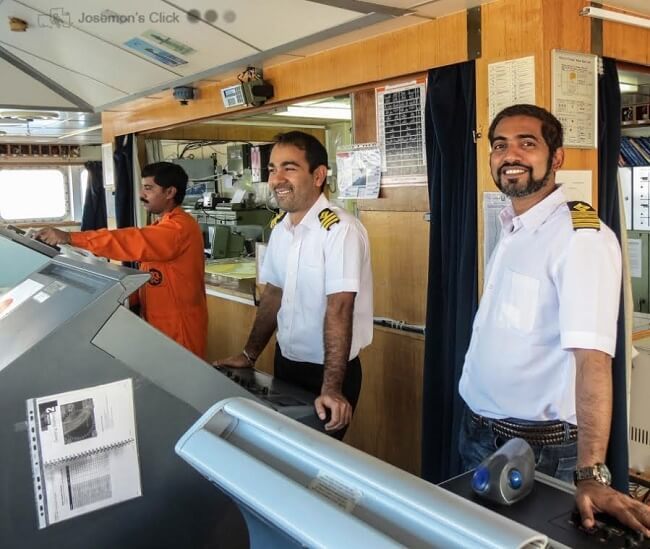
Electronic Communication
There are stories galore how in past years people lost admission to prestigious colleges, or employment or a large investment opportunity because they did not get the required letter in time for whatever reason.
Nowadays it is rare to find anyone without an email address. It is in order too, as written communication has reached mind boggling speed and hence expedited the inter-personal and official transactions. Even the government offices have adopted email for official medium of transfer of information to individual stakeholders e.g. interview letters, appointment letters. Admit cards and results are freely being communicated through emails and SMS.
All this not only brings speed to our communication but also saves natural resources like trees for paper and fossil fuel for means of transportation which would otherwise be required to support the snail mail system of communication.
However the reason why I would like to support eCommunication is something else, in addition to ensuring that you receive your correspondence.
Privacy: Letters and other Official documents are open to breach of privacy especially in today’s colony based culture of row- houses or apartments. I have witnessed people complaining how their letters are being regularly opened and again sealed back.
At times few missing letters from the bank may be sufficient to reveal your financial position and liability to unscrupulous elements. I have witnessed a case where the perpetrators / kidnappers came to know about the amount in the bank account from a Bank Statement passed on by the Postman.
Statement of Account: Statement of a Bank account does not only reveals your bank balance, but a few other personal details about you like PAN number, email address, nomination etc.
While the Statement of bank account gives out your immediate financial position, SOA of your DEMAT account and Mutual Funds are even worse. They can give out your total financial standing of your life-long savings to people. The scenario is indeed scary as it gives a sense of violation.
Primary and secondary system of email: It is also a relatively common complain that a person’s email has been hacked. To this I had come up with an idea of Primary and a Secondary system of email.
With this system there is a central email address e.g.yourname@gmail.com. This ID is never publicized or given to anyone except family members. Now you can create few other SECONDARY email addresses for various purposes. 1 email ID for your bank, 1 for your MFs and demat account, 1 for public domains like promotions and 1 for your employer etc. Next step is to install a email client like Outlook, Eudora etc. on your PC. Laptop or Tab and have all the above accounts on the same client for receiving emails. For sending emails you can individually select the email id from which the email is to go out.
Second method is to go individually to the particular POP mail site and the email account and create the FORWARDING to your Primary email address, which was yourname@gmail.com .
In this way your individual email addresses will not be known by entities who should not know that address and you will also be able to know if a particular email address has been breached.
This will also deal with the data theft of email address that has become prevalent nowadays with employees of banks, insurance companies resigning and carrying away the data with them to be misused later.

Conclusion
- Always opt for online statement of account of banks, Demat services, Mutual funds, Insurance companies etc.
- Have individual email IDs for individual uses and have them redirected to your unique central account.
- Relying completely on emails will not only enable you to receive and organise them systematically but also keep a record for an extended period of time.
Electronic Transactions
Most of the Seafarers and expatriates have their salaries remitted to a bank’s savings account. This is even today done by depositing cheques in the accounts and the money lies there for a few days to few weeks till you can access the account or issue a cheque on it. It is seen that there is always a week or two delay between the money coming to the account and be invested further. Sometimes this delay can be of months too.
Considering even a 10-15 days delay with 7-8 months for seafarers and 12 months for other individuals, there is a huge opportunity cost involved and wasted. Even if you were to use the money for opening a fixed deposit this gets delayed by 80-120 days for that amount. If the purpose is for investing in MFs or stocks, the loss in opportunity cost is huge.
I have always gained because of the electronic transactions. One such instance I distinctly remember. I saw that it was the last day of the higher interest rate of the bank which they had hiked only for 15 days in 2012 to attract NRE deposits. They obviously do not inform you. So while I was on ship, I could open FDs online and gain by locking into a higher interest rate for a very long time. Similarly, I have gained umpteen times by investing online in case of large crashes of the market while being on board the ship.
Hence it is definitely in order that you opt for Internet transactions. Opt for i-transactions for your bank accounts, mutual fund investments, access to demat account even if you are not interested in the online sale-purchase of stocks.
Also opt for DCB (Direct credit to bank) of your Mutual fund redemptions, share-dividends, insurance paybacks and proceeds and any other source from where you receive or liable to receive funds.
In India, at least the central bank called RBI is making compulsory to opt for electronic transfers.
You may be surprised that the amount of unclaimed dividends and bonuses in the capital market is so large that the government body called SEBI has formed a Investor’s Education and Protection fund.
Similarly, unclaimed amount from PPF and Employees Provident Fund is well into over Rs. 100 billion.
All this is due to poor record keeping by individuals on their personal record keeping. Most of the time reason is also that when the depositor dies the surviving members of the family has no idea about the financial products that the deceased had invested or saved in.
Similar case is with insurance policies. Due to poor education of the family members, the only time the money is required is when the Insured Person is dead. After him mostly there is no one to inform the family as to what they should do.
Few cases have come to my personal attention where after the person had passed away, the family could not file a claim as they could not get their hands on the policy documents. The agent did not inform them since he is supposed to be paid by the company. The company was not pleased when I sent them to file their claim after 3 years.
Now there are custodians nominated by government who can do the safekeeping of your Insurance documents in a demat way, just like your shares. But for that you must inform your family.
Conclusion and takeaways:
- Opt for electronic fund transfers and internet transactions in your financial dealings.
- Keep a record of all your investments in one place.
- Opt for Direct Credit to bank of ALL your redemptions, sales, dividends, bonuses.
- Opt for SMS information also which is available freely nowadays.
- Keep an electronic record of your insurances.
- Invest in a good antivirus/malware software.
- Keep changing your passwords regularly.
You may also like to read – Financial Planning: Long Term Capital Gain (LTCG) Tax And Life After That
Disclaimer: The author of the article is a Chief Engineer from the Merchant Navy and has no formal qualification in Financial Planning. Views expressed are based on his own experience and that of others who have benefitted with his help. He may be reached through mail here. You can also join the discussion at the forums here. The author shall not warrant or assume any legal liability or responsibility for the accuracy, completeness or usefulness of any information provided herein.
Note: It is difficult to track things in a single country like India which is so huge and complex. To say that I can advise you for all the countries, whose readers are reading these articles- would be a big lie. I am not acting as your financial advisor. Due to my exposure to different geographical conditions, I have found these products which can be used by us –the hapless Seafarers. The names and methodology of these products may differ from country to country.
Hence my earnest request to you is to please use the power of the internet and find out these products in your country. They are common products and mostly available all over the world. If you find they are named differently in your country, please inform me in the comments that you are so kindly making. It will help us to spread awareness and enhance your own knowledge about your future planning.
Are You A Seafarer Looking For Sound Advice On Financial Planning? Ask The Expert
CLICK HERE TO ASK QUESTION
Latest Financial Planning You Would Like:
Do you have info to share with us ? Suggest a correction
Related Posts
Subscribe To Our Newsletters
By subscribing, you agree to our Privacy Policy and may receive occasional deal communications; you can unsubscribe anytime.
Web Stories

About Author
Rajeeve has been a Chief Engineer for 19 years. He kept his deadline and retired himself on his 50th birthday. With a penchant for reading and writing serious literature and driving long distances, his main hobby is observing and commenting on the economy of the country. He has been helping colleagues at sea by planning their finances and future for over 20 years now. Living in the rapidly diminishing Himalayas, he appreciates every aspect of his beloved country, lying between the Green Hills and the Blue Ocean.





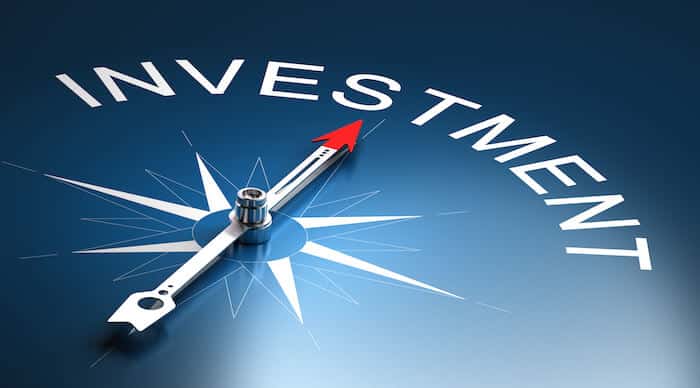

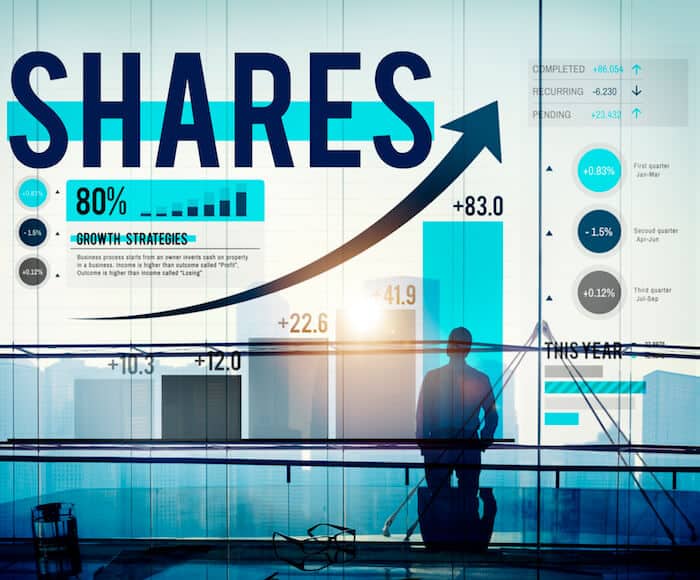
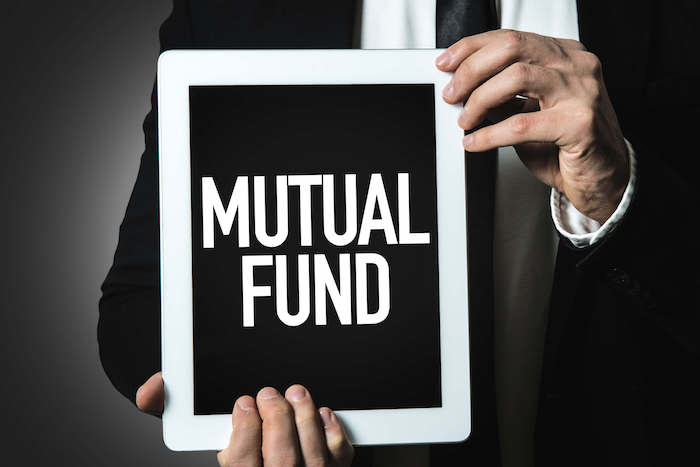




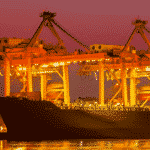


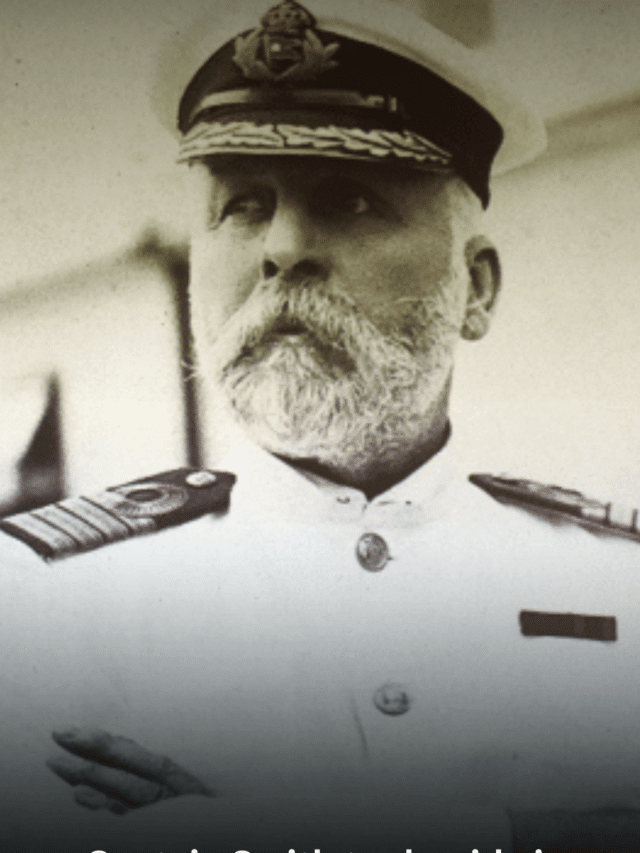
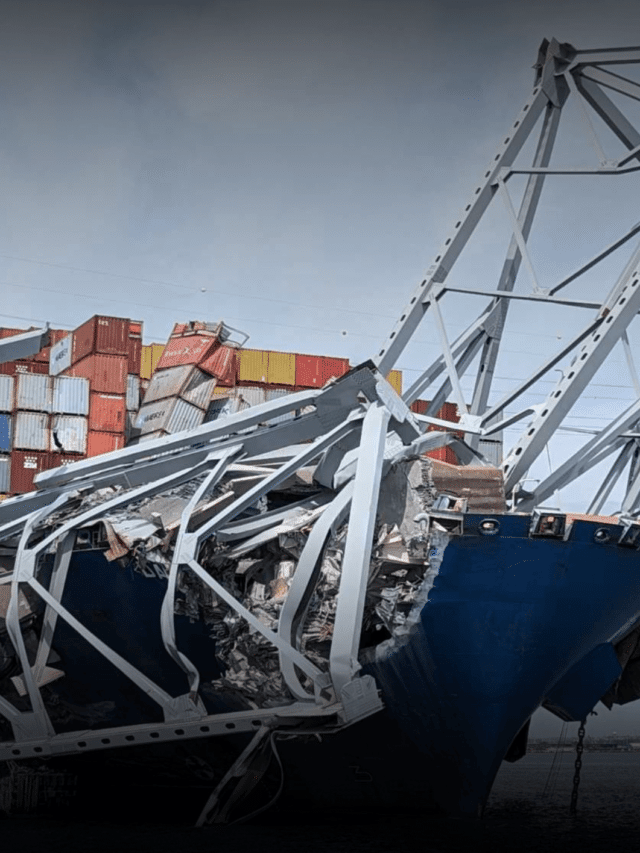
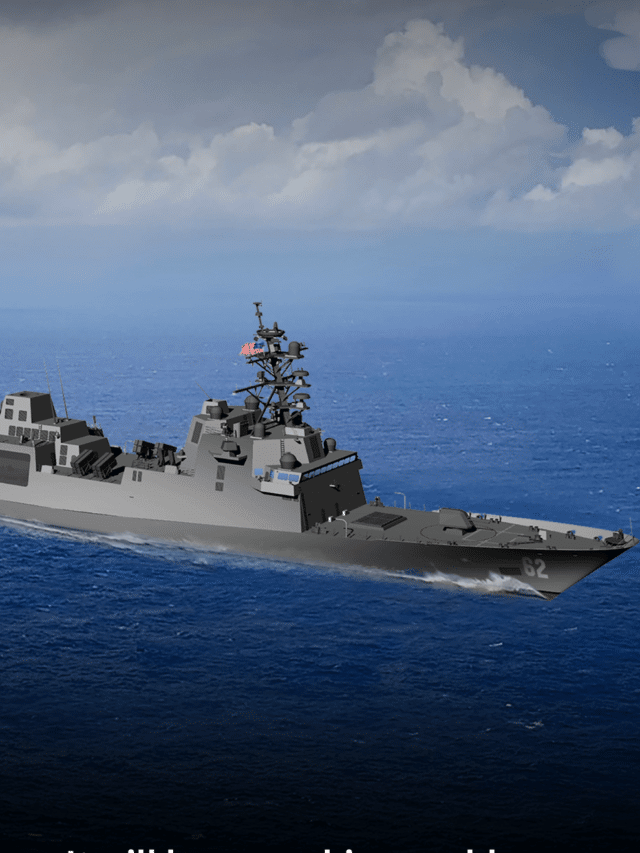
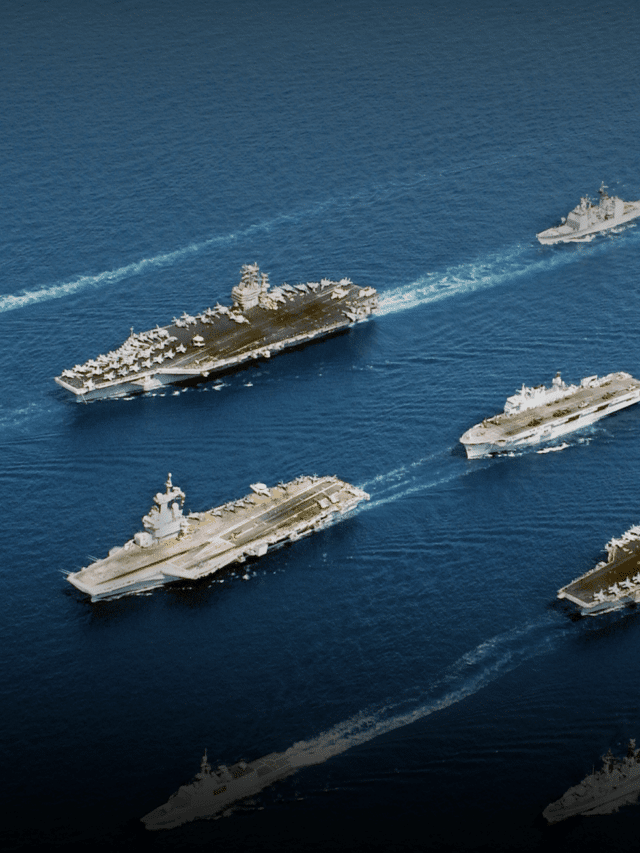
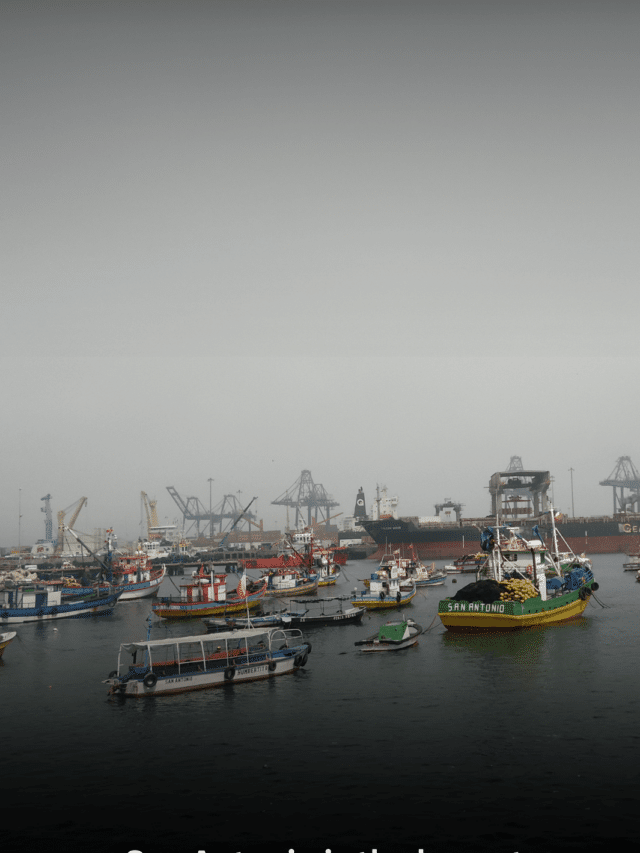

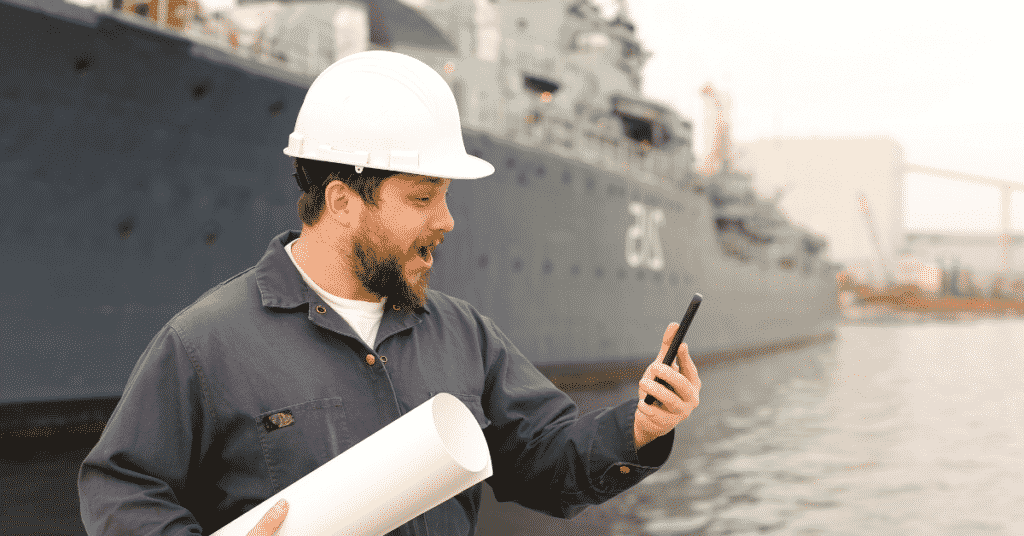

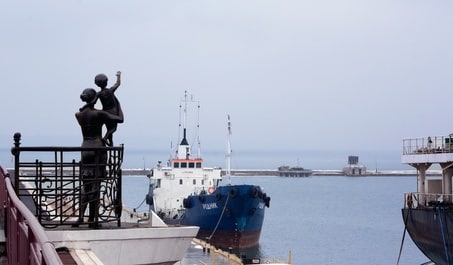
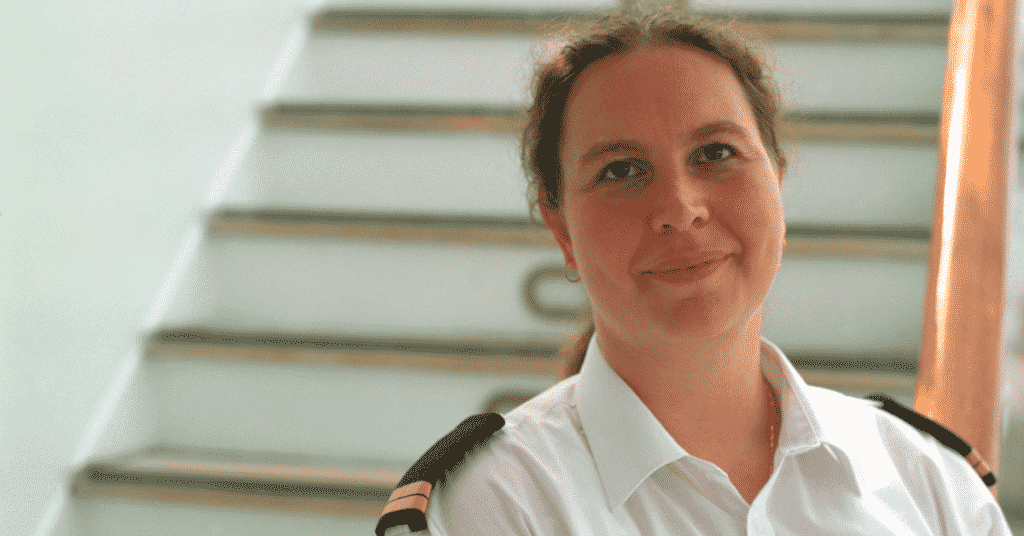
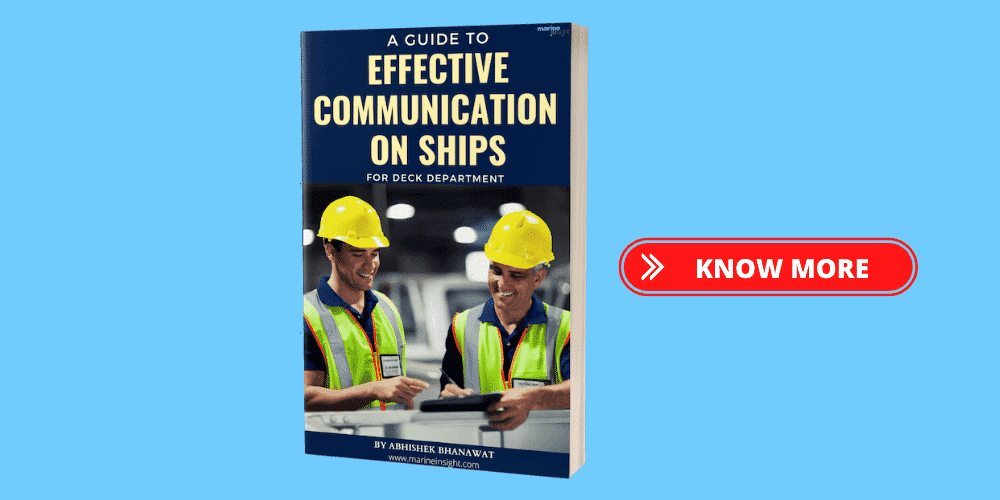
Good article sir…
Ever since I wrote the above article, have written 7 more and a book. I hope that they has been able to clarify your doubts .
I have tried to be specific about plans and other steps , at least with regards to India.
If others pay slight attention, they will be able to apply with regards to their own countries.
On 16th June 2016, we had a Seafarer’s seminar on Financial Planning. Which was attended by 115 seafarers.
I try to be specific about my advice and not generic, since that is the only way you will be able to chart out your Financial Independence.
This is pro bono effort from marineinsight.com and myself- which means it is free and only for your welfare.
If I charge any fee for my advice during retirement, then it will defeat the basic purpose of advising you on Financial independence and an early retirement.
Your wishes and cooperation of those whom I sailed with ,have made me self-sufficient, and now it is pay it forward time for me.
So help me god!!!